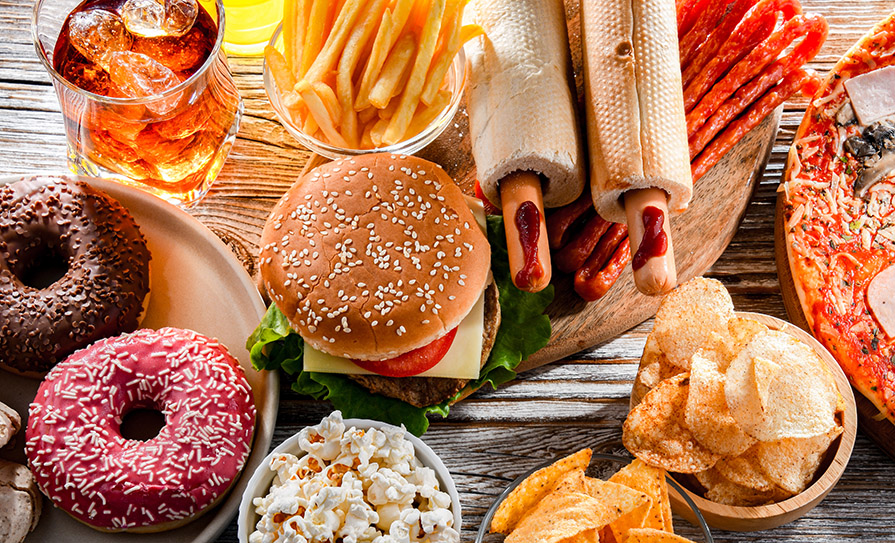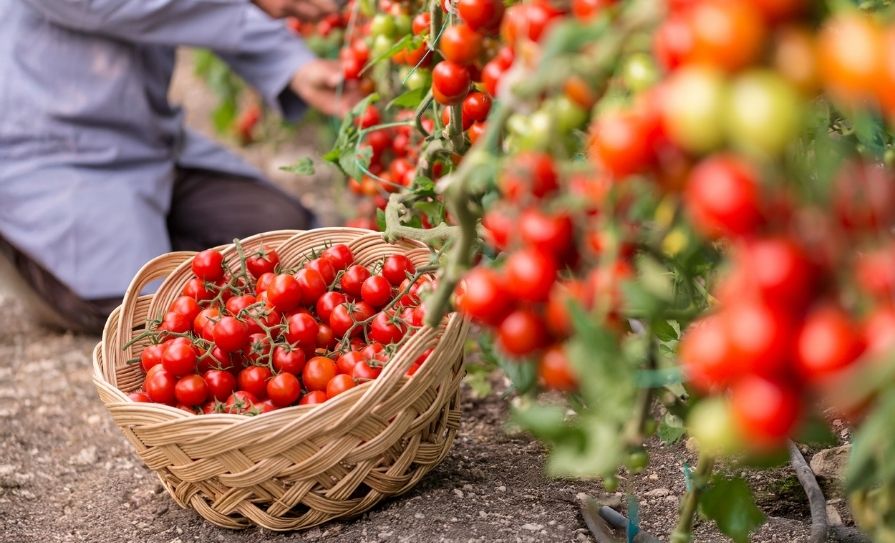It was PG Wodehouse, the greatest comic novelist ever born, who said “my advice is never to give advice”. When it comes to diet, there is much to be said for such reticence. At least this is the conclusion I’ve come to while reading Tim Spector’s Food For Life (Jonathan Cape). The epidemiologist, who has a refreshing enthusiasm for the pleasures of eating, notes that such are the differences between our individual microbiomes that “there is an eight-to-ten-fold variation in insulin, blood sugar, and blood fat response to the same meals”. Even identical twins vary in this way.
However, I find that I’ve been abiding by much of Spector’s implied advice, in some instances for many years. However, one that I’m trying to take on board is his own policy of eating at least 30 forms of plant in the week. Now, he counts all forms of plant-derived food, even the black pepper you use for seasoning, and your morning coffee beans. Nevertheless, I’ve struggled to get to 25 and I suppose this is largely down to growing a lot of our own food. At the time of writing, tomatoes, cucumbers, and courgettes each play a big role in what we put on the table (or our laps while watching television, to be honest). And, frankly, the joy of courgettes, which is considerable as the first ones come to fruition, does pall as they pile up in the kitchen, many of them en route to the compost bin.
As for other advice: Avoid ultra-processed foods (UPFs)? Check (although I do enjoy the odd Dorito when entertaining my little grand-nephew). Choose organic, grass-fed milk? Check (well, most of the time). Buy local honey? Check. But he’s quite reticent about encouraging us to do various things, and it makes a pleasant change from the dogmatism you find in most books about diet. Do people actually want to be bossed around? If so, they will be disappointed in Spector’s latest book in that it’s thought-provoking rather than prescriptive. On the other hand, he runs ZOE, a company that does, indeed, offer dietary advice.
However, he has some very decisive views and one that I applaud is expressed in his claim that the 1980s advice to replace cream and butter with vegetable oils and margarine constitutes “one of the biggest health scandals ever”.
Spector, a former rheumatologist now turned epidemiologist specialising in genetics at King’s College London turned his attention to what he eats after suffering a mini-stroke on a skiing holiday. Soon he was taking an interest in the gut flora and its myriad effects on health, both physical and mental. He advises us that we need to “understand that food is medicine and that the right diet can be as effective as many drugs”.
“Our microbes literally send chemical messages to our brain to encourage us to eat what they need for their survival,” he writes. “Having lots of unhealthy microbes in your gut, therefore, can lead to a vicious cycle whereby you crave foods that help these less friendly bacteria, which in turn drive you to become
less healthy.”
UPFs
I was reading Food For Life when UPFs featured prominently in reports from the European Society of Cardiology meeting in Amsterdam with their consumption being linked to a “tidal wave of heart disease”. There were calls for such foodstuffs to be treated like tobacco.
Results from a Chinese study of 325,000 people, divided into four categories based on their consumption of UPFs, were presented. The group consuming the most were 24 per cent more likely to develop heart disease and/or suffer a stroke.
An Australian study, also reported to the meeting, followed 10,000 middle-aged women for 15 years and found a 39 per cent increased risk of developing hypertension for those consuming the most UPFs compared to those eating the fewest or none. The lead scientist concluded starkly that “the more you process food, the fewer nutrients you retain”.
It all makes sense, of course, but it’s easy to pick holes. While there’s a scientifically accepted definition of UPFs, how many ordinary people understand what they are? As with all dietary research, everything depends on self-reporting, and there’s danger in focusing on diet alone. People who are careful with what they eat are surely going to take care in other areas of life like exercise, smoking, and alcohol consumption. In Britain, where we read that the average diet consists of 55 per cent UPFs (and Ireland is likely to be very similar), much depends on social class. Those on the lowest incomes eat the most UPFs, with some estimates claiming they amount to about 80 per cent of the diet.
While there’s a scientifically accepted definition of UPFs, how many ordinary people understand what they are?
Dr Chris van Tulleken of University College London, author of Ultra-Processed People, puts his finger on what is perhaps the most significant finding reported in Amsterdam. The studies “make adjustments for fat, salt, and sugar. This indicates that, whilst the salt, fat, and sugar content of ultra-processed foods is one way they harm the body, the ultra-processing itself is the main problem.”
It’s easy for people with the time, income, and education, to cook from scratch and to eat fruit, vegetables, meat, and seafood that have not been industrially mucked about. It’s a different matter entirely for a single parent on social welfare and no amount of finger wagging is going to change that. What will help, however, is a proper programme that teaches people the basics of cooking. Such investment would pay huge dividends in time in terms of health outcomes.
DRINK OF THE MONTH
On a different and shamelessly middle class note, at the time of writing, I’m consuming prodigious quantities of beta-carotene, vitamin C, and heaven knows how many wonderful trace nutrients, because our tomato crop is in full spate. We have so many that we have to turn some of the harvest into… well, I suppose the Italians would call it passata, for the freezer. So, here’s a wine that tackles tomato-based sauces with great aplomb. Roberto Sarotto Barbera d’Asti 2021 (€19, whelehanswines.ie) is exuberantly juicy, hails from what I consider the epicentre of Italian gastronomy, ie, Piemonte, and offers cracking value for money.













Leave a Reply
You must be logged in to post a comment.